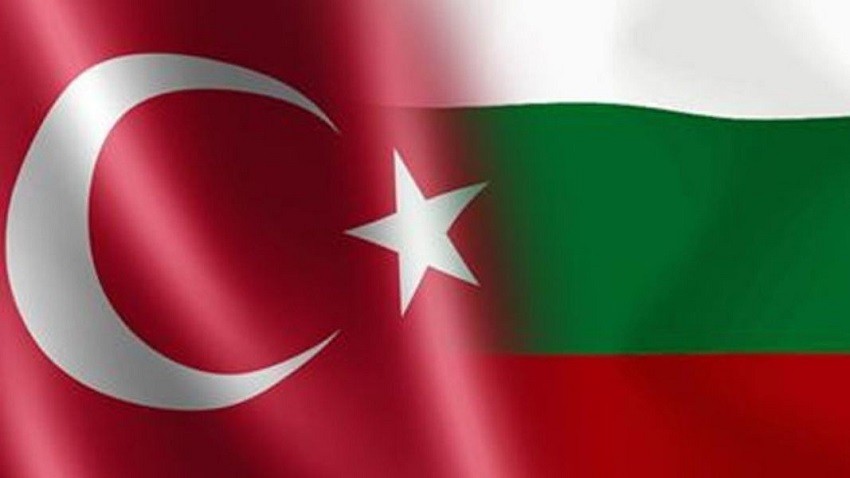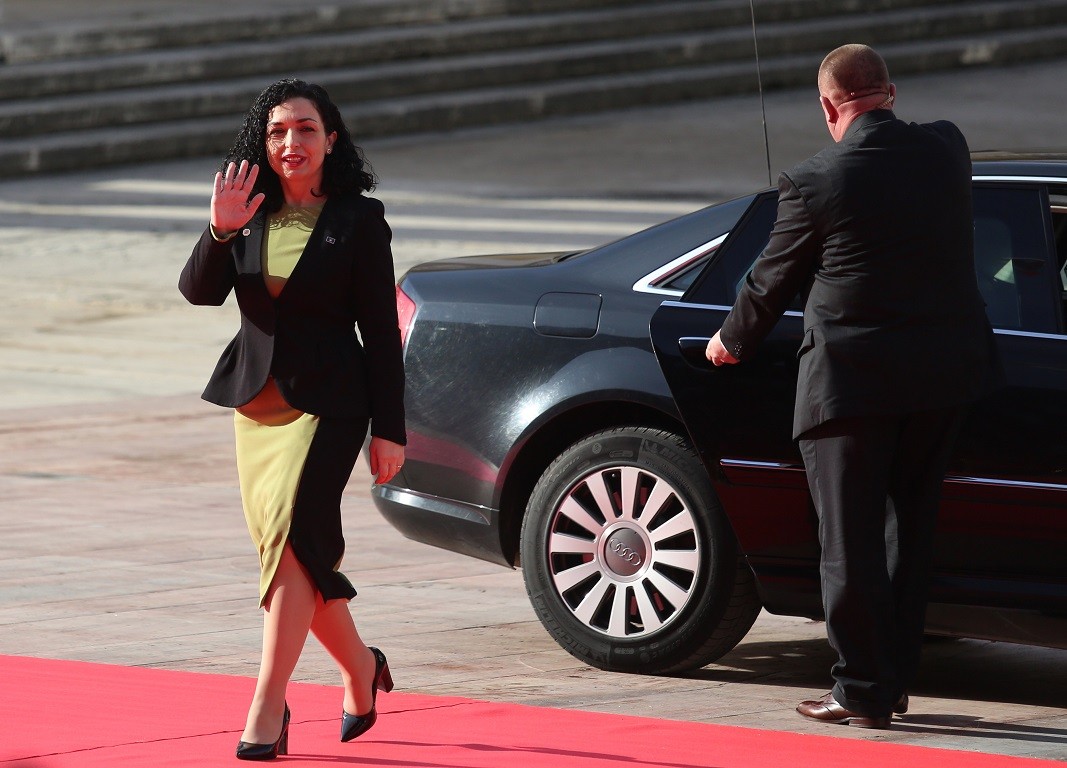Frontex deploys officers in non-EU Balkan countries for the first time

At the beginning of 2023, the EU will deploy officers from the European Border and Coast Guard Agency, Frontex, on the territory of Balkan countries aspiring to join the European Union. This will be the first time agency officers will be deployed outside of its jurisdiction. The reason why this step is being taken is that Albania, Bosnia and Herzegovina, Montenegro, North Macedonia, Serbia and Kosovo have signed visa-free regime agreements with third countries, some of which are low-income countries. European Commission Vice President Margaritis Schinas stated that regulating the visa regime was a must, adding it was unacceptable for the Western Balkans to have visa agreements with third countries whose citizens are using loopholes to enter the EU.
2 million trucks of Turkish goods bound for Europe cross Bulgaria every year

There are 2,200 Turkish companies with a staff of 50,000 operating in Bulgaria, announced Burhan Nemutlu, chairman of the Bulgarian-Turkish Chamber of Commerce. Trade between the two countries in 2021 amounted to USD 6.5 billion. Of that sum, USD 4 billion come from Turkey’s imports into Bulgaria, stated Zeki Saribekir, chairman of the Turkey-Bulgaria Business Council. Trade between the two countries is expected to reach USD 8 billion in 2022. It has gone up by 22% during the first 9 months of the year alone. “The USD 10 billion mark in trade between the two countries could be reached within 2 years,” Zeki Saribekir said. Every year, 2 million trucks of goods are delivered from Turkey to Europe via Bulgaria, the Turkish newspaper Hurriyet writes, citing the results from the bilateral meeting Bulgaria sourcing from Türkiye” which took place in Istanbul “.
Hauliers hit hardest by Bulgaria and Romania’s non-admission to Schengen

Hauliers in Romania are predicting losses running to millions of euro if Bulgaria and Romania are separated on the way to joining the Schengen area. If Romania joins Schengen and Bulgaria doesn’t, that would mean longer border check delays, and one truck blocked at the border would cost hauliers EUR 800-1,000 a day, representatives of the haulier sector have estimated, as quoted by Romania’s news agency Mediafax. “Truck drivers are in for a 12-24, sometimes even 72-hour wait at the border checkpoints Kalafat-Vidin and Giurgiu-Ruse, as well as at the border with Hungary. They get paid for these hours. The problem is that when their working time is over they have to find somewhere to park,” comments Mircha Vlah, General Manager of Dumagas, a leading freight carrier company in Romania.
Kosovo sets date for early local elections in Serb-populated communities

At the EU-Western Balkans summit in Tirana, the President of Kosovo Vjosa Osmani announced that Kosovo would submit its application for membership of the EU by the end of 2022. She rejected the possibility of a meeting with the President of Serbia Aleksandar Vučić, stating that the forum was not the place for negotiations between Kosovo and Serbia, FoNet reports. Belgrade once again angered Pristina because Vjosa Osmani scheduled early local elections in four Serb-populated municipalities of Northern Kosovo on 18 December. Elections have to be held, after, on 5 November, Kosovo Serbs withdrew from all institutions in Kosovo because of the dispute over the Serbian registration of Kosovo vehicles. The Central Election Commission stated that they cannot organize an election in the conditions of tensions and attacks on the electoral administration.
Even as members of Schengen, Slovenia and Croatia continue border dispute
Slovenia gave its support to Croatia’s accession to the Schengen area but attached a statement that the border between the two countries is clearly defined. Croatia responded right away that the border is yet to be determined, Croatian national TV HRT reports. Slovenia points out that the maritime border between the two countries is determined by force of an arbitration decision from 29 July, 2017 and that it is final and binding. Zagreb stated in response that the Croatian parliament had unanimously approved a decision on 29 July, 2015, to withdraw from the arbitration procedure over significant violations of the arbitration agreement.
The position reads that the land and maritime border between Croatia and Slovenia is yet to be asserted in a peaceful manner in accordance with international law.
Compiled by Ivo Ivanov
Photos: BGNES, Reuters, EPA/BGNEA, archive
Bulgaria’s National Assembly rejected President Rumen Radev’s veto on the amendments that expand the powers of the special commercial administrator of Lukoil, reported BNR’s correspondent Maria Fileva. The MPs from the ruling majority, supported by..
President Rumen Radev has vetoed the legislative amendments related to the appointment of a special commercial administrator in the Lukoil refinery in Burgas. The head of state said that the amendments undermine the legal order in..
Convulsions Before Multipolarity — a Time When Illusions Are Sacred and Truth Is Heresy is the title of a new book that will be officially presented in early November in Sofia. It explores the agony of a unipolar world, an era of geopolitical..

+359 2 9336 661
